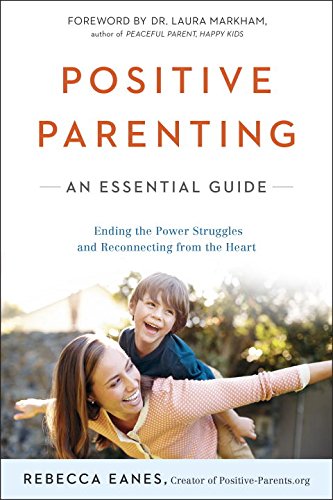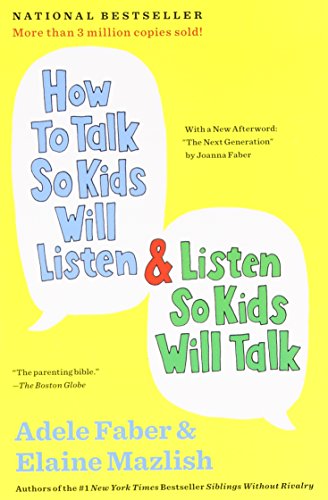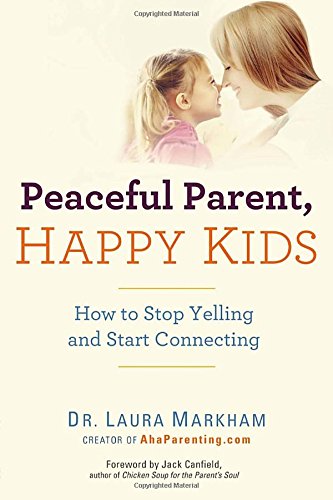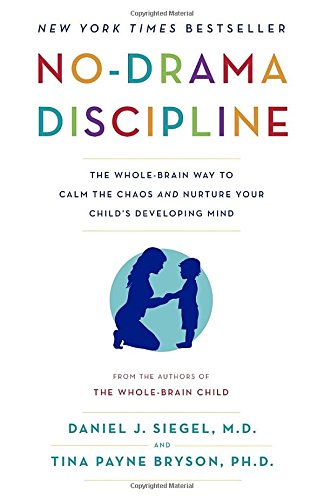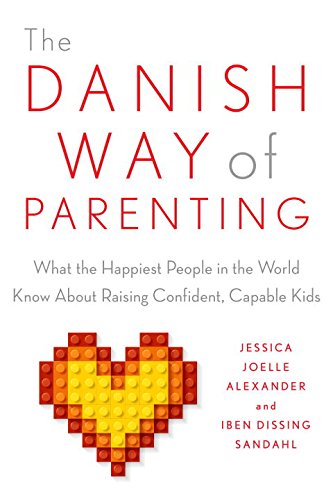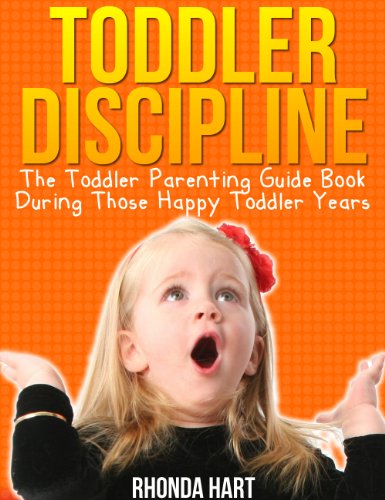It was a long day. We had been running errands all afternoon, naptime had been skipped, and lunch was running a bit late. After asking Livia for the millionth time to sit down and patiently wait for the waiter to bring out her food she looked me right in the eye and said, “I don’t have to do what you say because you are a butthead…”
I was shocked, embarrassed, and I’ll admit it…it stung. Who was this disrespectful kid sitting in front of me?
![]()
Did that really just come out of my child’s mouth?
When a child becomes verbally disrespectful it is normal for parents to react defensively while feeling a mixture of emotions, anger included. Learning how to manage your anger and not react while having loud, ugly words directed at you is no easy task.
While I firmly believe that no parent (or person) should be subjected to back talk or verbal abuse, it is a normal part of childhood development. At one point or another, every parent will experience bickering as a child begins to assert their independence and control. After back-talk happens a natural reaction may be to punish. Granted there are multiple circumstances that lead to arguing, there is an answer other than retribution. A solution that will not only stop the rude and impolite behavior in its track but also teaches proper responses to emotions felt. A result that prevents you from reacting to your child’s behavior and puts you, the parent, back in control.
RELATED POSTS: 13 Powerful Phrases Proven to Help an Anxious Child Calm Down
How to React Towards Disrespectful Kids:
One of the most important things you can do is stop, breathe, and think. Take a moment and consider how you feel when you have something that is weighing on you that no one will listen to or you lack the words to properly express. Even as adults this happens and for most of us our response is to try our hardest to make our voice heard.
Cause: Rude and disrespectful behavior is a form of communication. These are thoughts and feelings that your child lacks the tools to be able to express. These feelings need to be released and addressed. Look over the circumstances and patiently ask questions to find the underlying cause of your child’s outbursts.
Address: Think about it. It takes two to argue. Screaming and punishing is not going to address or resolve the emotions that caused the tantrum. Punishment is not going to teach your child how to properly manage the tsunami of emotions that is overcoming them. In fact, it does the opposite. Punishment forces your child to swallow their intense feelings which can result in those emotions resurfacing and erupting in a different form.
[su_note note_color=”#59c5ca” radius=”6″]
Six D’s for Dealing with Disrespectful Kids:
- Don’t Attack
- Don’t Belittle
- Don’t Condem
- Discover the Cause of the Problem
- Discuss a Solution
- Discuss How to Handle it in Future Events[/su_note]
Accept: Parents need to accept that intense emotions are a part of growing up. You are your child’s safe place; you need to teach your child how to deal with their volatile feelings by modeling that conflict resolution yourself. It is natural for a child to act out; disrespectful kid behavior does not mean there is something wrong with your child. Accept and identify what your child is feeling.
![]()
Refuse to Engage in Argument: Your child will probably scream, act out, be rude, and throw everything they know to see if you will immerse yourself back into conflict. The more you have engaged in disrespectful kid behavior in the past, the longer this will last. As they do this remember, your child does not want to fight with you. More often than not, this behavior is not done to pick a fight. Disrespectful kid behavior is a cry for help; an attempt for your attention. As soon as your child realizes you are not engaging in the argument, they will realize that they are out of line. You do not do this by ignoring your child. You do this by remaining calm. Once your child realizes that their behavior is not going to pull a reaction out of you, they will have reached a turning point. Now is the moment to teach.
Teach: Now that your child is calm offer choices on what your child can do when they feel that level of emotional intensity. While you teach your child how to be responsible for their emotions, you can also always teach them to be responsible for their actions. After everything has been peacefully discussed an apology never hurts.
More than likely you will have to go through this multiple times. This is not a one-time solution to disrespectful kid behavior. As new emotions are discovered, new behaviors will appear. Your children will mimic what they observe at home and in their community. If you continue through this process as your child grows it will teach your child that they can talk to you. This will help prevent or minimize disrespectful kid behavior from turning into rebellious teen behavior.
Additional Reading
Books:
Positive Parenting: An Essential Guide How to Talk So Kids Will Listen & Listen So Kids Will Talk
How to Talk So Kids Will Listen & Listen So Kids Will Talk Peaceful Parent, Happy Kids: How to Stop Yelling and Start Connecting
Peaceful Parent, Happy Kids: How to Stop Yelling and Start Connecting No-Drama Discipline: The Whole-Brain Way to Calm the Chaos and Nurture Your Child’s Developing Mind
No-Drama Discipline: The Whole-Brain Way to Calm the Chaos and Nurture Your Child’s Developing Mind The Danish Way of Parenting: What the Happiest People in the World Know About Raising Confident, Capable Kids
The Danish Way of Parenting: What the Happiest People in the World Know About Raising Confident, Capable Kids Toddler Discipline
Toddler Discipline
&
p.s. Get on the Free Behavior Workshop waiting list now.
Related Posts
Foundations of Positive ParentingHow to Be a Better Mom When You Are ExhaustedHow to Recover from a Momster Meltdown
&
![]()
